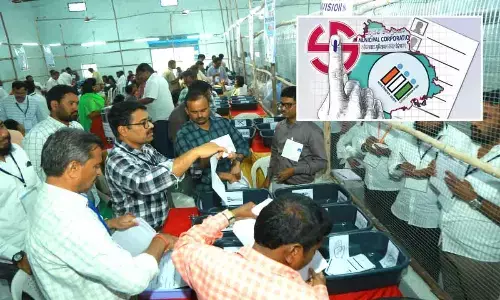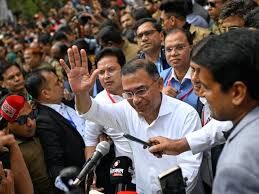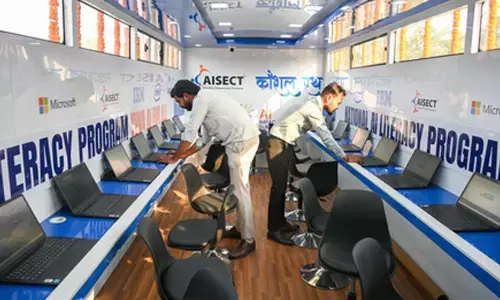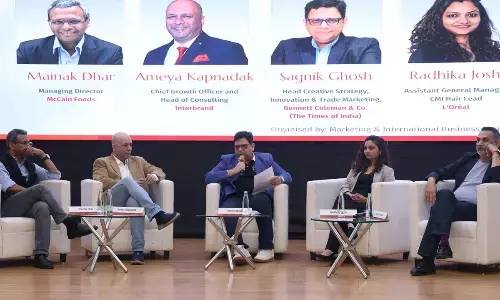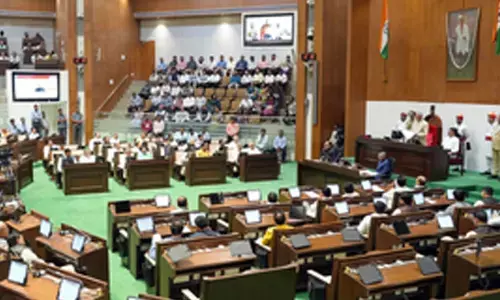Calm, composed candidates less favoured in job interviews

People who appear calm and collected during a job interview may be at a disadvantage, according to a Stanford study which found that employers are more likely to favour excited candidates
Cultural differences may influence candidates and their hiring managers on job interviews.
Boston: People who appear calm and collected during a job interview may be at a disadvantage, according to a Stanford study which found that employers are more likely to favour excited candidates.
People's behaviour can be influenced by the emotional states they value and want to feel. It is how a person wants others to see them, even if they might not feel that way, like trying to appear at ease at a job interview. However, prior research studies show that emotions people value, and in turn display, vary across culture. These cultural differences may influence candidates and their hiring managers on job interviews.
"Given how diverse our workforce is and how global our markets are, it's important to understand how culture might influence emotional preferences in employment settings," said Jeanne Tsai from Stanford University in the US.
The researchers conducted five studies that included a total of 1,041 participants in five different workplace scenarios. In four of the studies, the scholars compared European Americans and Asian Americans living in the US with Chinese living in Hong Kong.
In one experiment, participants were asked to imagine they wanted a competitive internship. They were then asked to fill out an application, including a video introducing themselves. At the end of their application, they were asked which emotions they wanted to convey. The researchers found that what is interpreted as the "best impression" varies from person to person and from culture to culture.
European Americans were more likely to convey excitement and enthusiasm than Hong Kong Chinese, who desired calm and even-tempered states. In their first study with 236 participants, 86 per cent of European Americans and 72 per cent of Asian Americans wanted to convey excitement rather than calm. In comparison, only 48 per cent of Hong Kong Chinese wanted to show excitement, said Lucy Zhang Bencharit, a former graduate student at Stanford.
"How we want to feel and what our culture tells us is the right way to be influences how we present ourselves when we are applying for a job," said Tsai.
In another study, the researchers presented employees at a US company with a similar scenario. They were shown video applications from three candidates who all had the same level of qualifications. However, one candidate was animated and excited, another calm and a third neutral.
Of the 300 participants, 47 per cent favoured the excited applicant, whereas only 23.7 per cent liked the calm candidate. About 29.3 per cent chose the neutral one. "In the US, career counsellors and job advisers often tell applicants to be excited and enthusiastic when applying for jobs," Bencharit said. "It is important to recognise that this message is shaped by our culture, and it may not be right or feel natural for everyone, " she said.


